“We almost rescued a crocodile.”
Jordi Williams
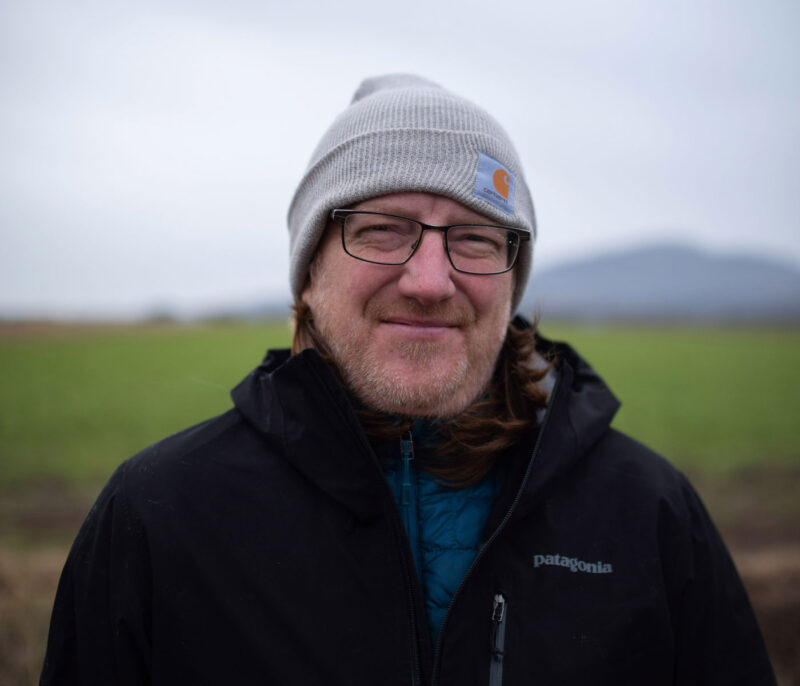
Jordi was twenty-five years old and running a warehouse in Langley when his cousin told him to pursue his passion for fishing. “He said, ‘Listen, you don’t like your job, you’re not happy. Come up here and go guiding.’ So, one season of that turned into three, four seasons and then I started guiding down in [Argentina] in the offseason.”
Jordi went on to be a professional fishing guide locally and internationally for twenty-five years. His interest in fishing came from growing up in Surrey in the 1980’s, before it became the province’s second largest community. That’s where he would roam around its acreages and watershed, developing a love of the outdoors.
This love eventually led to another one. At the age of twenty-eight, while working as a fishing guide in the popular freshwater fishing community of Harrison Bay, Jordi met his future wife, Krisztina, a server at the Sandpiper Golf Course at the time.
“I just kept asking her out and asking her out. She kept saying no, and then I finally gave up and a couple of weeks later, she called me, and I guess the rest is history,” said Jordi. One year after meeting, the couple had their daughter Cassie and moved to the City of Chilliwack.
Today, Jordi guides part-time, while looking after the architectural salvage company he now owns and operates. But when the heavy rains poured down on the Fraser Valley in November of 2021, Jordi realised his small fishing boat with its jet motor could serve a bigger purpose.
The first afternoon the wife and I walked around the Vedder Canal. The rains came so fast, the Canal was piled with logs at the bridge. Tons of debris from upriver, like no one’s ever seen. Just a small area that the water was getting through. There was a real danger of that bridge actually going out. Day two, houses were flooded. It was all over social media.
I was in a lot of pain, and I still am from this knee injury, but I said, “I can’t sit around here and just watch this happen. I need to go and figure out how I can help.”
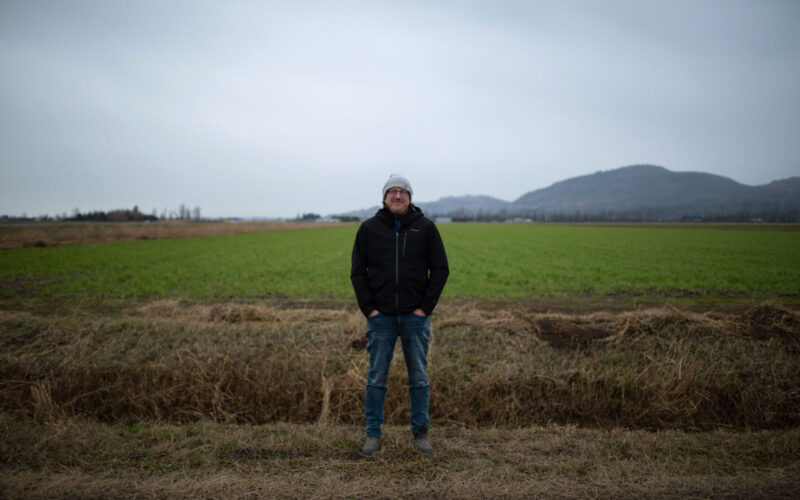
Jordi Williams is a part-time fishing guide and runs an architectural salvage company. (CDP Photo/Phil McLachlan)
I had a big diesel truck at that time. Hooked up my boat, drove to the first roadblock and tried to get through. Abbotsford police said, “Nobody’s allowed to go down there.” I said, “Well, people need help down there.”
I understand where they are coming from; they don’t want somebody running around playing hero. But I’ve been a river guide twenty-five years. I have all the accredited first aid courses. If you want somebody down there, you want guys like us that have experience and can help. I came home, started making calls and I got a farmer’s name and number. Once I had a purpose, that gave me access to the Sumas Prairie. I just kept going back every day.
The first mission I went on we were supposed to go down and rescue some heifers that were at a barn. Apparently, cows can’t stand in water. They get infected easy, and just die. A couple old farmers in my boat could get every one but one out. But I had pumps and another farmer in my boat. He said, “Oh, let’s just go take the pumps to this place.”
So, I drove down Dixon Road all the way. And I kept asking this old Dutch farmer I’ve never met before, “Where are we going? Where are we going?” He was like, “This way, this way.” We just kept going and going and going.
Picture driving your boat on the road with five feet of water on it. The wind’s blowing about forty and it’s raining like you’ve never seen it. You got farmland and houses on the left-hand side of the road. You’ve got these big marshmallows coming unwound. There’s a cabbage field that has completely let go across the entire road. There are pigs floating by and cabbage getting stuck in my engine, so I have to rip it up and turn it off. There’s water splashing in the boat. At this point, I’m getting nervous.
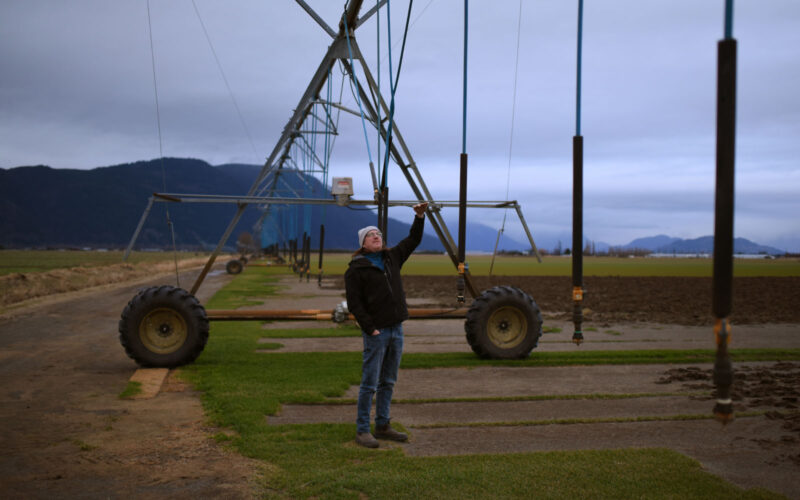
Jordi Williams shows how high the water was during the 2021 southern British Columbia floods. (CDP Photo/Phil McLachlan)
We finally got down there. I threw the pumps out. Search and rescue comes flying down the road and took him to wherever. Now I had to get back and it was starting to get nasty. The rain was still pounding down, the water was coming up. I’ve been in a lot of boats. I’ve had some sketchy things happen. That trip was the most scared I’ve ever been in a boat in my entire life.
In the days following, the main thing was looking for pets. I got a call that there was a kitten that had been at this house for a week. These people just thought the water’s going to draw up and we’ll be able to get back. Then all of a sudden, they go, “Oh, shit, this water is not going anywhere for weeks.”
So, I went in and here’s this little kitten bouncing around. Gave him some water. Gave him some food — he just attacks it. Then got him into the cat carrier and took him back. To return a pet to somebody who’s pretty much lost everything will give them some reprieve. You’ve got this fuzzy little animal and it’s happy to see you.
We rescued a couple more here and there. There was two dogs and a cat in this RV. The guy tried to get back, driving through two or three feet of water. He went to go over a bridge, and the bridge was gone. His Dodge Durango endo’d right at the bridge. It just started floating. It took on water and it sat like that.
We got to the RV, open the door, and this dog was on the couch. It was flooded. This dog was kind of pacing back and forth. There was another older dog in the back and also a cat. We rescued these animals. The next day, the guy called me. He’s a very colourful character. He’s like, “Hey, man, you guys got my pets. Awesome. How’s my alligator doing?”
I’m like, “You’re kidding me.”
There’s a trailer behind this RV. There was a caiman in this trailer. It had its own trailer, a five by ten. So we open the back and there’s this goddamn alligator sitting in this enclosure. I was with Darren and the RCMP guy. The RCMP said, “I don’t know man, I’m not going in there.” Darren’s like “Well I’ll go in there.” It was dead by then because the power was off and it was too cold. But we almost rescued a crocodile.
After about four or five days, the dike blew in two different spots. There are lawsuits against the City of Abbotsford because they were way behind on their engineering on the dikes. They knew that they were insufficient. They weren’t high enough; they weren’t strong enough. When that let go it was like a raging river. Like a class ten rapid, just the whole Sumas. We were doing our rescues that day. It was coming up so fast that they said we had to get off the water. We got the hell out of there, because every five minutes it was coming up two inches.
So, we had one day off and then we were back out there. There was a couple of big tanks that let go in the flooding. A lot of farm gas. A lot of diesel and dead animals. Garbage floating everywhere, totes floating everywhere, just an insane amount of debris in the water. We probably wouldn’t want to be eating too many crops from those fields. After about two and a half weeks we started to get the idea that the E coli would get really bad. I said, “Now it’s not worth it for us.”
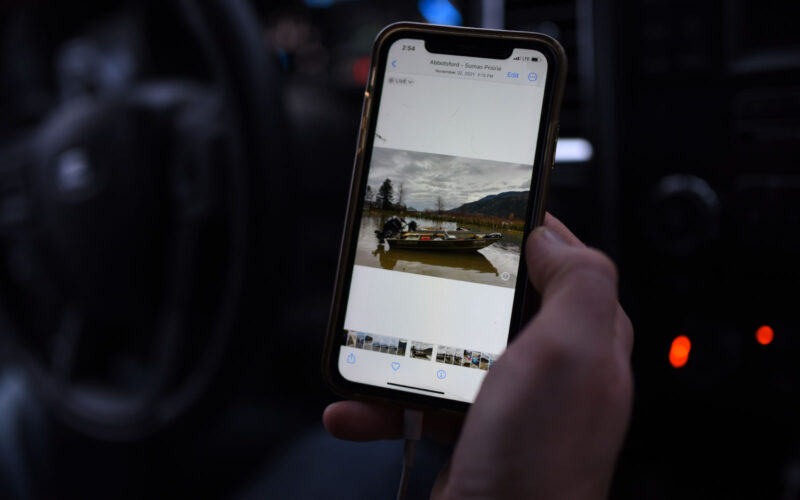
Jordi Williams used his fishing boat to rescue animals during the 2021 southern British Columbia floods. (CDP Photo/Phil McLachlan)
I was happy with the decision I made to go out there and put myself on the line. A lot of people came together, dropping everything, and worked together for a common goal. It wasn’t for weeks until the government showed up. But it was too late. You had to have boots on the ground right away. The damage had been done.
They have fairly good protocols when there’s forest fires. Why can’t you do that for flooding? It was a real wake up call. As the climate continues to evolve and change, this sort of thing is going to keep happening. It could be worse next time. It could be a complete loss. It’s not the same as when we were growing up when you had those four seasons, and you didn’t have these freak weather patterns that come out of nowhere.
I was out on the Fraser River this morning and it is so low. In one year, it went from the highest it’s ever been on record to this year, where it’s the lowest it’s ever been in 111 years. This is the world we live in now — the fluctuations. I think our hope for the future is that infrastructure gets put in place and just have a better disaster response plan. We don’t want to see this happen again.
This story was originally published in The Fraser Valley Current, on December 15, 2022.
Related Stories
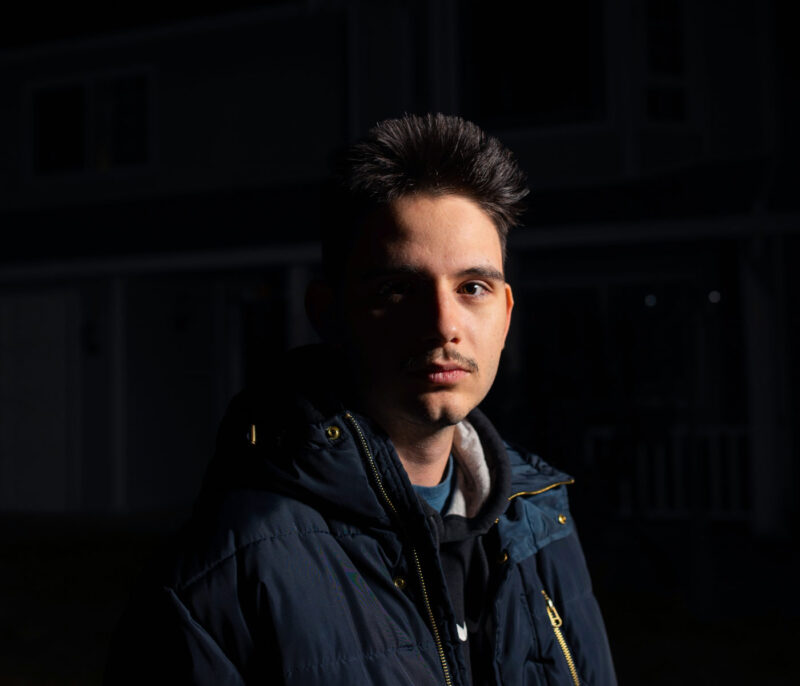
Brian Mirea, Abbotsford, Canada
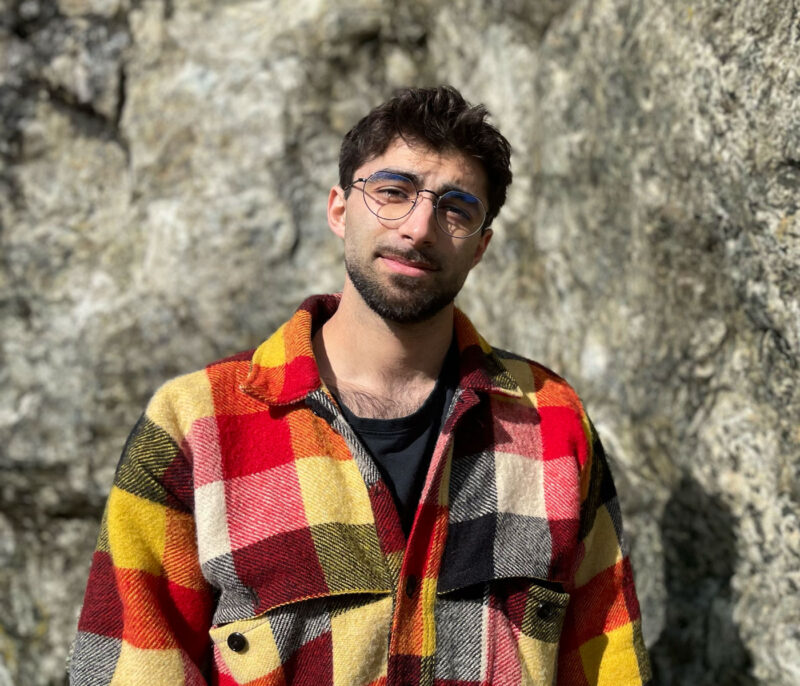
Tosh Sherkat, Victoria, Canada
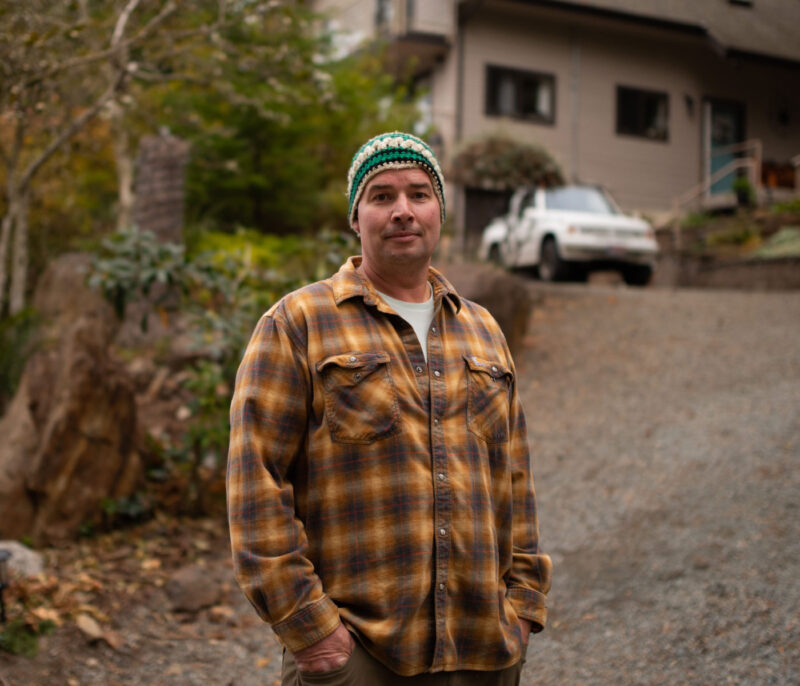
Ryan Kehley, Harrison Hot Springs, Canada